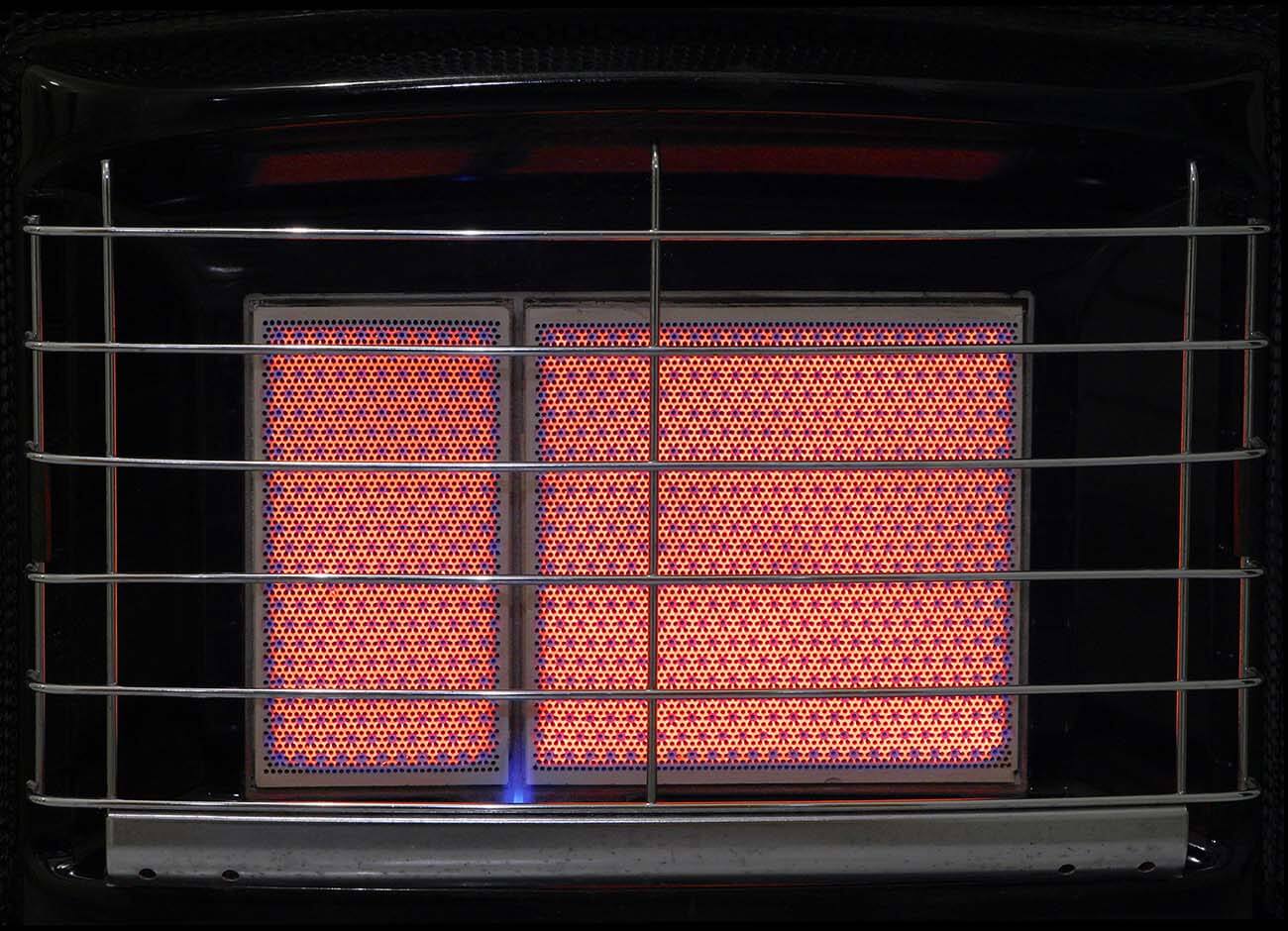Like any other heating device, gas heaters provide a conducive environment during the cold, harsh season. However, care should be taken upon detecting any signs of malfunction since a hazardous heating unit may cause a fire and fill up your home with dangerous fumes such as carbon monoxide. According to the manufacturer’s instructions, frequent gas heater service will ensure that your unit operates efficiently and economically. This article informs you about best practices when it comes to servicing a gas heater.
How Frequent Should Your Gas heater be serviced?
A gas heater service is recommended once in every two years, according to the experts. However, one is required to initiate service before the winter season or during heavy use. There isn’t a one size fits all answer when it comes to servicing since different manufacturers have varying suggestions. Such information can be obtained from the user manual.
Aspects of Maintenance You Could Carry out by Yourself
There are a few aspects of gas heater service you could carry out independently between services. Such include;
- Inspecting your filters and cleaning them when necessary. All the information could be obtained in your user manual.
- Clean the fans annually to ensure operational efficiency.
What are The Troubling Signs to Lookout For?
It would be prudent to have a reputable gas heater service in your contact list in case your heater exhibits the following signs;
- Presence of gas odor in the room
- Supposing one exhibits signs of carbon monoxide poisoning such as; light headedness. Difficulty in breathing, chest pains, nausea, exhaustion, and severe headaches
- Presence of staining on the heater panels or walls due to intense heat
- The wall adjacent to the heater becomes too hot to touch comfortably
- The flame becomes yellowish, smoky, or sooty.
Best Tips For Using Gas Heaters
Now that you’ve known what to look out for in a malfunctioning unit, it is also beneficial to know the best tips to apply while using gas heaters.
- Always ensure that the rooms are well ventilated to avoid instances of carbon monoxide poisoning.
- Ensure that the gas heater has a protective shield around it to protect young children.
- A gas heater should not be kept near to the cloth drier. Keep clothes far away to reduce the risk of fires.
- Avoid placing pressurized cans, vaporizers, solvents, and other flammable materials near gas heaters even when switched off.
- Gas heaters designed for outdoor and indoor purposes should be used so. Do not interchange them.
- Outdoor patio style heaters should be tightly fastened to the ground during windy days or any other adverse weather conditions.
Most of the gas heater service companies always recommend to install carbon monoxide alarms in homes to detect such poisonous gases. It could be a lifesaver since most people do not realize when they are slowly slipping away until it’s too late.
